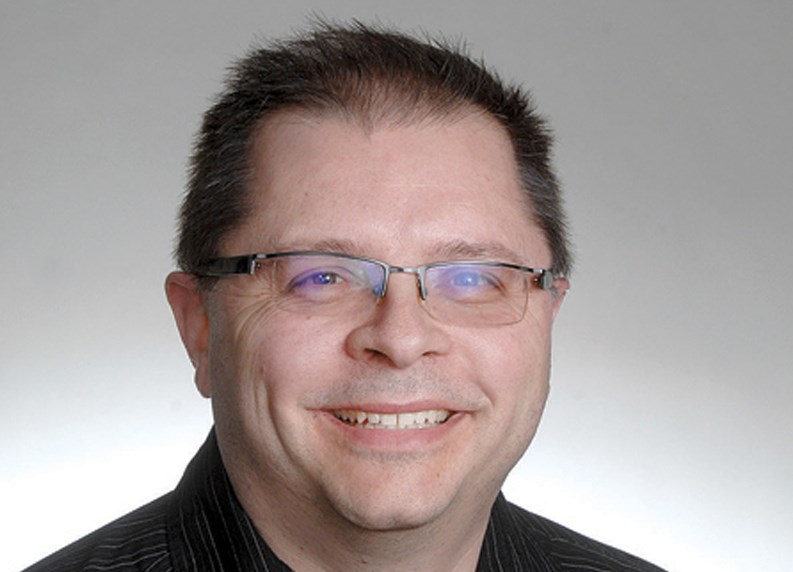For political purists, the folks who believe that money and democracy should be as separate from one another as church and state, the mere idea of buying votes raises hackles.
The problem is it costs money to play the political game, starting with the candidates seeking office. There is no path to victory in this arena without chips on the table. That's why candidates have to disclose their campaign spending but, unfortunately, they don't have to reveal the sources of their spending until four months after voters have cast their ballots.
Shari Green spent $81,147 on her 2011 campaign, a new record for Prince George municipal election and more than double the $38,430 incumbent mayor Dan Rogers spent.
Rogers spent $12,711 of his own money on his 2011 campaign, with the rest coming from donors, with no single contribution of more than $2,500.
Meanwhile, Team Green's single largest contributor was the Treasure Cove Casino. Owner John Major signed a cheque for $13,440 towards her campaign while Brink Forest Products gave $7,000 and Jordy's Lounge and Northern Steel ponied up five grand each.
Green kicked in just under $3,000 of her own money for her campaign.
Murry Krause, Dave Wilbur and Albert Koehler contributed the majority of their campaign spending out of their own pocket, either from their bank account, cash support from family members or from companies they own. To put that in context, $8,000 of the $9,594.66 devoted to the Krause campaign came from Krause himself. Donations made up $4,800 of Dave Wilbur's $15,929 campaign, with the rest coming from the candidate.
The spending surprise in the aftermath of the 2011 election was Albert Koehler. His campaign cost $39,965 or $1,500 more than what Rogers spend on his campaign to win a second term as mayor. With just under $2,000 in donations, the funds for the rest of Koehler's campaign came from the candidate, his wife and his company.
Cynics might argue Koehler bought his seat on council for $38,000. Others would note that in a free society, Koehler spent his own money with no guarantee of a return on his investment and he is certainly not beholden in any meaningful way to WolfTek Industries ($1,000) and Commonwealth Financial ($500) for their contributions.
Contrast that with Frank Everitt, who spent just $37 of his own money, while $24,955 of his campaign spending was donated money. The reverse accusation could be made here - Everitt certainly didn't invest in his own campaign but does that make him obligated in some way to his supporters who footed virtually the entire bill?
To sum up the other councillors, $6,300 of Brian Skakun's $7,166 campaign came from donors, and all but $3,202 of Cameron Stolz's $15,327 election bill came from donors. Lyn Hall's $8,514.33 campaign expenses were mostly paid for by $7,649 in contributions, with the Wood Wheaton auto dealership topping the donor list at $2,500.
Finally, the cheapest but still successful campaign belonged to Garth Frizzell, who kicked in just $61.39 of his own money to top up the $2,260 in donations he received.
Are voters swayed by election spending? The clear answer is yes. Green's lavish campaign in 2011 delivered a victory while the frugality from Rogers made him the first single-term mayor in Prince George history. He knew better, since he spent $25,000 more in 2008 to make sure he beat Don Zurowski.
It's the same for city council. Four out of the top five and seven of the top 10 spenders running for city council seats was elected in 2011. If past campaigns are any indication, Hall and Zurowski will have to spend in excess of $60,000 if they are serious in their bids to be mayors. Unless they are Garth Frizzell, city council candidates running this fall have little chance of winning if they're not prepared to spend in the neigbourhood of $10,000 and even that's no guarantee, since Jordan Gadsby spent $12,528 and Myrt Turner invested $8,497 on their respective campaigns last time around but didn't get elected.
Candidates for mayor and city council are investing more than just their time in their effort to win political office. Only the naive, however, believe a well-financed campaign doesn't give a candidate the inside lane during the race.



